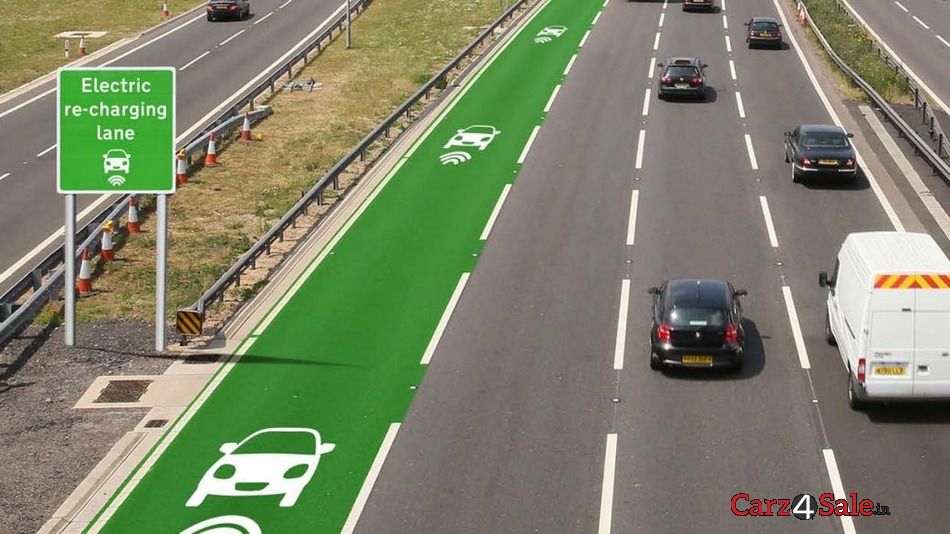
The testing would not be done on normal public roads just yet, but the 18 month trial period comes after a feasibility study done by the company. For the test, the vehicles used would be entirely electrically operated, it would also be equipped with wireless charging equipment, just like the ones seen on smaller mobile phones, and the roads would be designed to generate shape-specific electromagnetic fields that allow for the creation of an electric current inside the coils of the vehicle, which would then be transferred to the batteries.
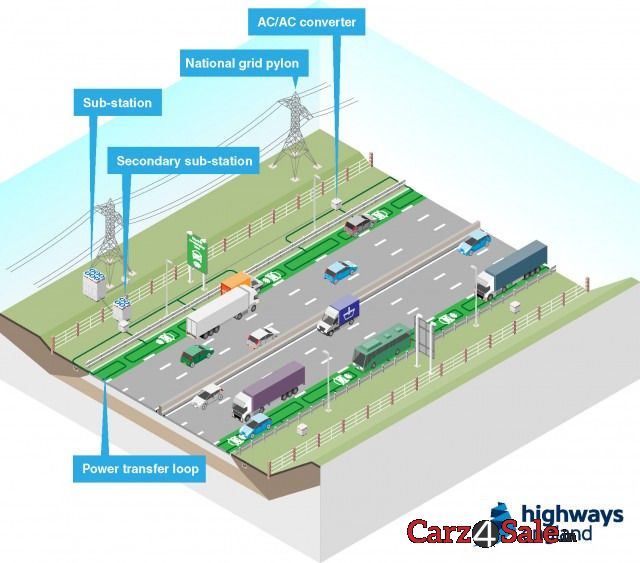
Bear in mind that South Korea already has a 12km stretch of road exactly like the one proposed in England, where it charges electric buses as they are driven on it, using a process called Shaped Magnetic Field in Resonance (SMFIR). These trials are aimed at further studying and improving the ambitious idea to eventually tune itself to the future of driving. With vehicle technologies already at its peak, say, the Tesla models for example, there is an increased potential for a large alternative-fuel car market. Sure, it might cost considerably higher for now, but give time to the researchers behind the scenes, they might be able to pull it off and add to the prospects.
*Picture Credit: Highways England


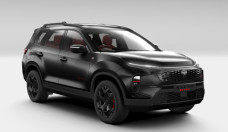
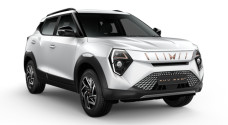


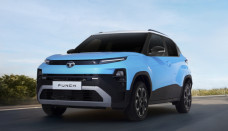




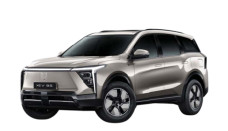
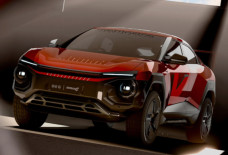
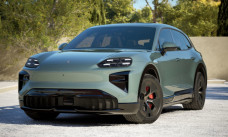
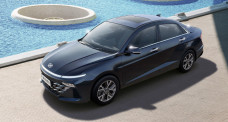 Safest Sedans Under 20 Lakh In India
Safest Sedans Under 20 Lakh In India Top Upcoming Cars in India 2026 – Most Awaited Launches
Top Upcoming Cars in India 2026 – Most Awaited Launches Best Car Tyres for Indian Roads: Complete Buying Guide
Best Car Tyres for Indian Roads: Complete Buying Guide Top 5 Cheapest Hatchbacks in India Post-GST Cut (2025)
Top 5 Cheapest Hatchbacks in India Post-GST Cut (2025)